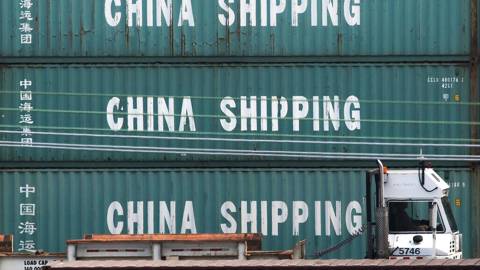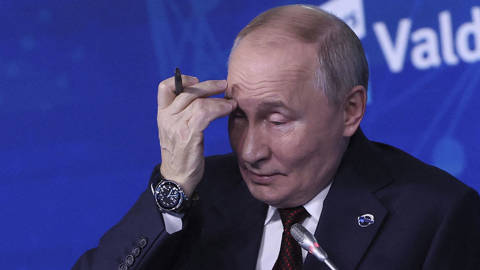Richard Kozul-Wright
Richard Kozul-Wright, Director of the Division on Globalization and Development Strategies at the United Nations Conference on Trade and Development, is the author of Transforming Economies: Making Industrial Policy Work for Growth, Jobs and Development.
-
Toward a Global Green New Deal
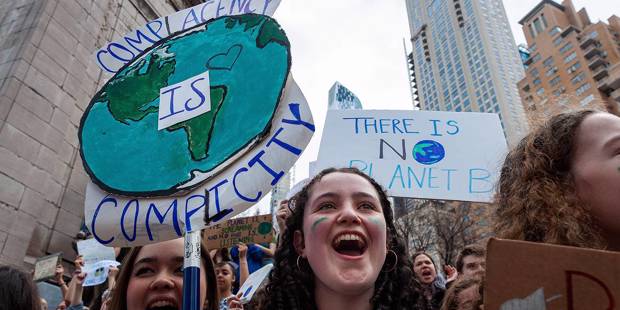
Toward a Global Green New Deal
Apr 9, 2019 Richard Kozul-Wright & Kevin P. Gallagher argue that tackling climate change and inequality requires forging a new set of shared principles.
-
The Global Economy’s Fundamental Weakness

The Global Economy’s Fundamental Weakness
Sep 13, 2018 Richard Kozul-Wright highlights rising debt and declining trust in the decade since the collapse of Lehman Brothers.
-
The Rentiers Are Here
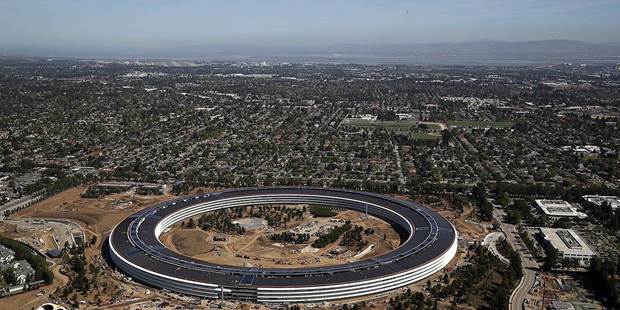
The Rentiers Are Here
Sep 25, 2017 Stephanie Blankenburg & Richard Kozul-Wright see mounting inequality as a byproduct of growing market concentration in non-financial sectors.
-
Learning from China’s Industrial Strategy
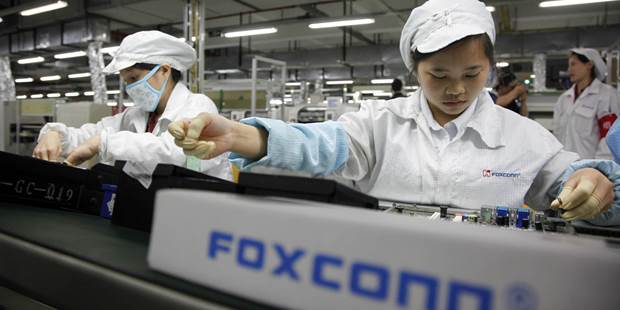
Learning from China’s Industrial Strategy
Apr 28, 2017 Richard Kozul-Wright & Daniel Poon see promise for other developing countries – and for the US – in policymakers' "guidance" approach.
-
Returning to Investment
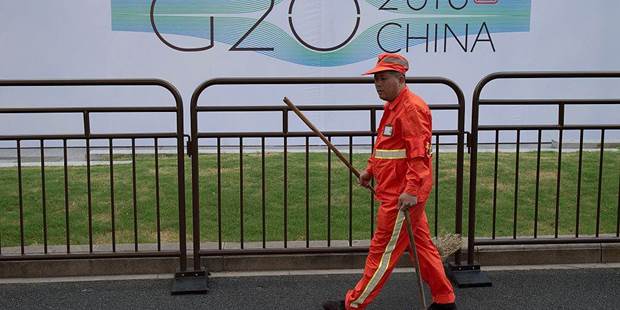
Returning to Investment
Oct 6, 2016 Richard Kozul-Wright warns that GDP growth will remain tepid until some key trends in corporate governance are reversed.
